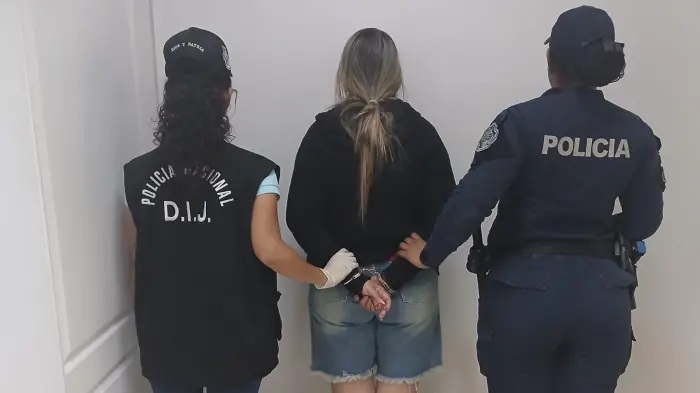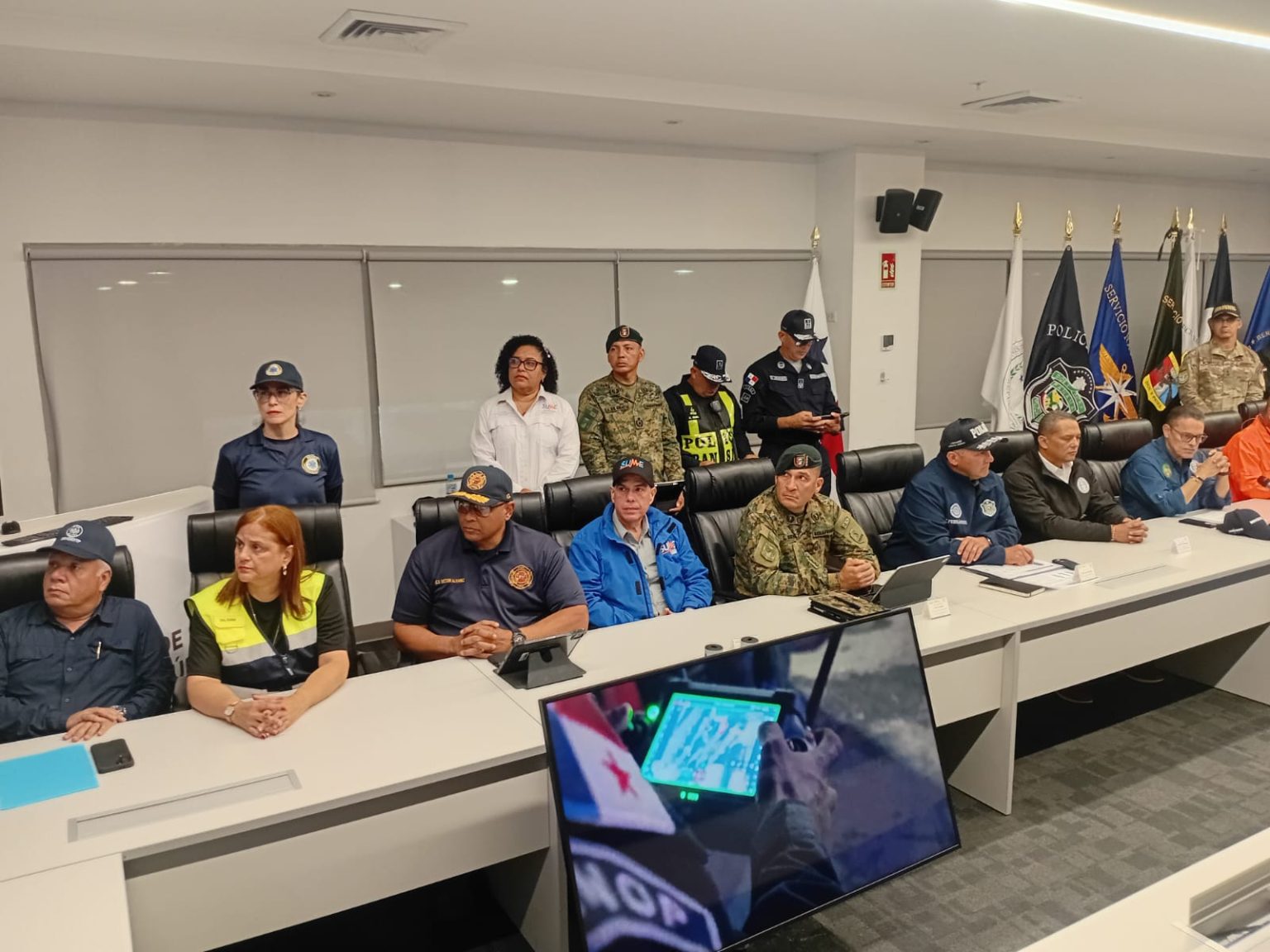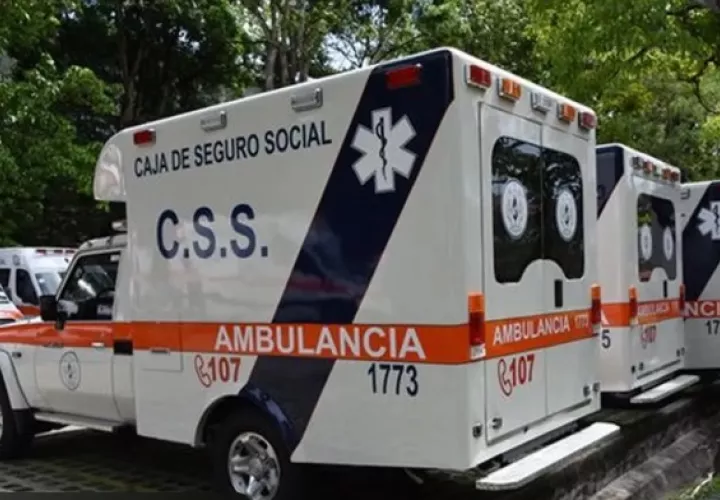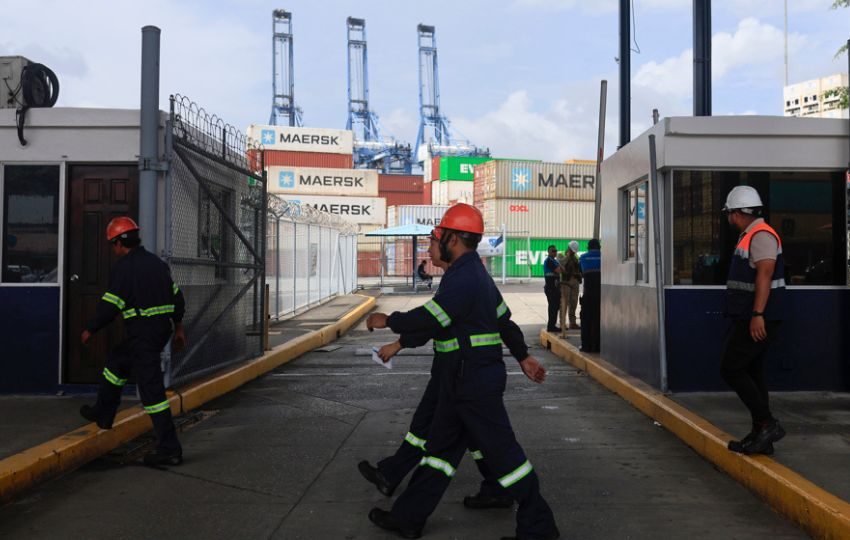Electoral prosecutor assumes defense role

Panama’s Electoral “prosecutor,” a Ricardo Martinelli and CD Party insider, routinely sides with the defendants of Democratic Change(CD).
Criticism is growing among the judges of the (TE) and civil society on the role assumed by Eduardo Penaloza in impeachment hearings against the deputies proclaimed on May 4.
Penaloza’s performance tends to favor defendants and against the honesty and transparency of the right to vote say the critics.
After five years of silence over allegations of use of public resources for political purposes during the government of Martinelli (2009-2014), lawyers report that Penaloza that has been biased in his opinions on the i hearings.
“The Electoral Office, in all cases, based its decision in favor of the challenged,” says TE vice magistrate TE, Eduardo Valdés Escoffery.
Asked to judge whether there has been any exception to this trend he replied: “No. he [ TheProsecutor] I always grabs the argument that it is not fair, but it is legal and therefore the appeal should be dismissed, “reports La Prensa
Valdés Escoffery refers to the approach outlined by the Electoral Office in the audience: the circuital items are not illegal, even if they seem unfair.
In contesting the seat corresponding to the circuit 7-1 (Guararé, Las Tablas, Pedasi and Pocrí), filed by the PRD candidate Ovidio Diaz against the elected MLA for Democratic Change) Tito Carlos Afu on September 9 , Penaloza said the use of aid funds items and social investment programs “did not cause the invalidity of an election.”
The comment followed a TE audit report that revealed that Afú managed $ 4.9 million for his campaign from various state funds.
The Penaloza prosecutor acknowledged during the hearing that evidence obtained in previous proceedings ordered by the TE “demonstrate the transfer and execution of circuit allocations for Carlos Afu”.
However, at the end of his argument he pointed out that the circuital items “seem unfair but not illegal.”
At least 18 community boards 7-2 received $ 1.8 million in transfers of items between January 2013 and May 2014, according to a recent report by the Ministry of Economy and Finance.
During the same period due $1.2 million to administer the Community Board of La Villa de Los Santos, chaired by the representative Gustavo Vega, whose brother was challenged.
In this case the prosecutor while acknowledging that voters in benefited with checks from the Community Board of La Villa de Los Santos, said that “if it were true that they voted as the result of economic support, it had no impact on the outcome “of the election
During the hearing against Miguel Fanovich (MOLIRENA) and Rogelio Baruco, CD, in the circuit 4-1 (David, Chiriquí), challenged by Panameñista Florentino Abrego. The prosecution was represented by José Félix González. He determined that there was no coercion against voters
He also justified and generalized the use of circuit split: “All MPs, AND most of the deputies used these items supported by the law.”
A TE auditor’s report presented at the hearing said that from January 2013 to April 2014, coinciding with the election process, checks for $2.9 million were turned over the to deputy Fanovich’s department
Another TE audit TE revealed the issue of purchase orders and checks for $1, 90 806 in favor of Baruco, in the period between May 2013 and March 2014 more than $1 million could have been used to purchase food bags and sports equipment.
The Chiriquí electoral Prosecutor determined that Ceferino Rodriguez (CD), contested township representative of Quebrada de Piedra, in Tole, Chiriqui used state resources inhis favor in the last election campaign.
Was this the only case in which the prosecution concluded that used nearly $ 243,000 of state funds in the electoral campaign period representative of CD.
On this view, Sidney Sitton, challenged attorney, said the prosecution in this case did not analyze the evidence and determined the use of state resources without analyzing the file. He said he does not have “the slightest respect” to the Electoral Office.
Javier Ordinola Bernal an electoral law specialist emphasized “that the TE processes were not to challenge the legality or illegality of the use of handouts ” but the violation of the constitutional rule that state resources may not be used,, “not even in a veiled way “.
Article 136 of the Constitution provides that “the authorities are obliged to ensure the freedom and honesty of the vote.”
The constitution also prohibits, in the first paragraph of that article, “the official support, direct or indirect, of candidates for elected office, even if the means to that end, re veiled”
The legal argument is that some of the current challenges are based on is that citizens did not vote freely, because they did it on the basis of an illegal perks and because of thsa that action was that candidates were not equal.
The prohibition of such conduct is in Section 11 of Article 339 of the Electoral Code.
The rule penalizes the execution of acts of coercion against voters, that would have prevented them from voting against their will. Similarly, paragraph 14 of this article prohibits elections without the necessary guarantees to the constitution and the Electoral Code.
Hearings are still pending against MPs challenging circuits 9-1 (Santiago); 6-1 (Chitre); 2-1 (Penonomé); 4-5 (Boquete, Dolega and Gualaca) and 4-6 (San Felix, Tole, San Lorenzo and Remedios).
TE magistrate between 1990 and 2006 Dennis Allen Frias said that according to the Constitution and the law, the prosecutor must pursue and investigate electoral crimes and for TE judges and sentencing. In his view, the “silence of these years, and the absence of the electorsl prosecutor [Penaloza] is very sorry, His duty is to accuse, but ihe s defending the accused.”
Eduardo Penaloza was always closeto Ricardo Martinelli, with whom he worked when the latter was Minister for Canal Affairs between 1999 and 2003 Asays La Prensa. When Martinelli came to power, Penaloza was appointed Deputy Director of Immigration and secretary of the Honor and Discipline of the CD.





